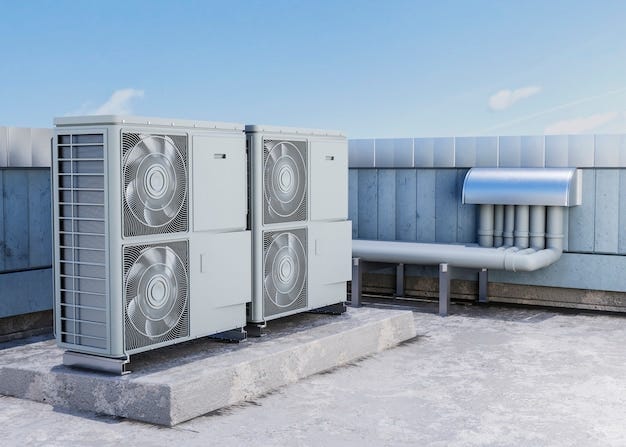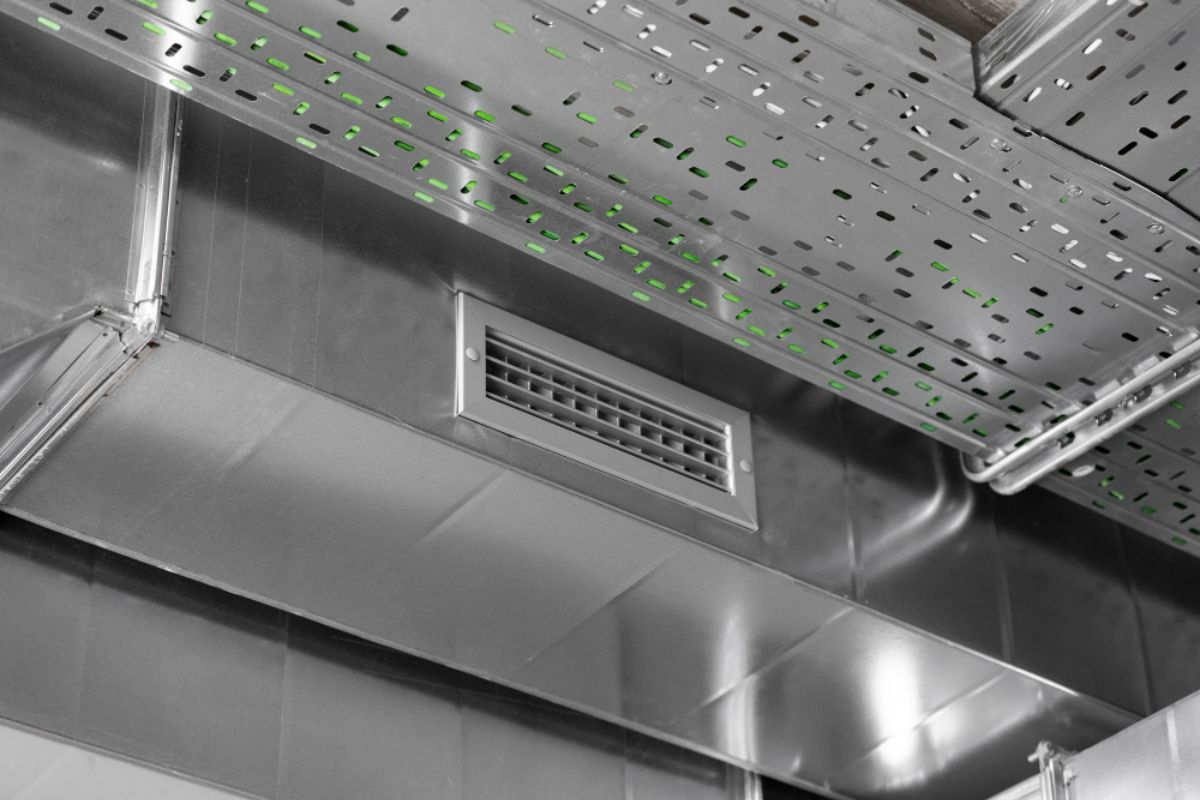Air circulation plays a vital role in the industrial sector, significantly influencing worker health, productivity, and safety. This article will discuss the importance of good air movement in the industry, outlining its benefits and providing practical strategies to improve air circulation and quality.
Benefits of Proper Air Circulation in Industry

1. Enhanced Indoor Air Quality
Proper air circulation ensures a continuous supply of fresh air, diluting harmful gases and reducing the concentration of airborne pollutants. Improved air quality promotes a healthier work environment, minimizing the risk of respiratory issues and other health problems among workers.
2. Improved Worker Health and Productivity
When industrial facilities maintain optimal air circulation, employees experience better overall health. Fresh air supply helps reduce fatigue, headaches, and symptoms associated with poor air quality, leading to increased productivity and fewer sick days.
3. Reduction of Airborne Contaminants
Efficient air movement aids in the removal of airborne contaminants, like dust, fumes, and volatile chemicals. It is crucial in industries where toxic substances are present, safeguarding the well-being of workers and preventing the accumulation of hazardous materials.
Strategies to Improve Air Circulation in Industry

A. Regular Maintenance of Ventilation Systems
Ensure that ventilation systems are properly maintained, including regular cleaning, inspection, and repair. It guarantees the efficient operation of fans, filters, and air ducts, preventing blockages and maximizing airflow.
B. Proper Placement of Fans and Vents
Strategically position fans and vents to create a balanced air circulation pattern throughout the facility. Identify areas prone to stagnant air and install fans to promote movement and prevent the accumulation of pollutants.
C. Utilization of Air Purifiers and Filters
Install air purifiers and high-quality filters in key areas to capture airborne particles and improve air quality. Choose filters appropriate for the specific contaminants present in the environment, regularly replacing them to ensure optimal efficiency.
D. Control of Humidity Levels
Maintain proper humidity levels in the industrial space. High humidity can foster mold and bacteria growth, negatively impacting air quality. Depending on the facility's needs, use dehumidifiers or humidifiers to regulate moisture levels effectively.
E. Implementing Air Circulation Assessments
Conduct regular air circulation assessments in the industrial setting. It involves evaluating airflow patterns, identifying areas of concern, and implementing corrective measures accordingly. Engage experts in the field, if necessary, to ensure comprehensive evaluations.
Pros
- Proper air circulation reduces heat and humidity, creating a more comfortable environment for workers, which enhances focus and efficiency.
- Good airflow helps maintain optimal temperatures for machines and electronics, reducing the risk of breakdowns and prolonging their lifespan.
- Circulating air helps remove pollutants, dust, fumes, and harmful chemicals, promoting a healthier work environment.
- Strategic airflow can reduce reliance on air conditioning systems, lowering energy consumption and utility costs.
Cons
- Installing industrial air circulation systems, such as ductwork or high-volume fans, can be expensive.
- Fans and ventilation systems require regular maintenance to remain effective, adding to operational workload and cost.
Conclusion
Air circulation is of utmost importance in the industrial sector. Industries can enhance worker health, productivity, and overall safety by implementing strategies to improve airflow and air quality. Prioritizing proper ventilation systems, regular maintenance, and adequate air circulation assessments will contribute to a healthier and more productive working environment.
